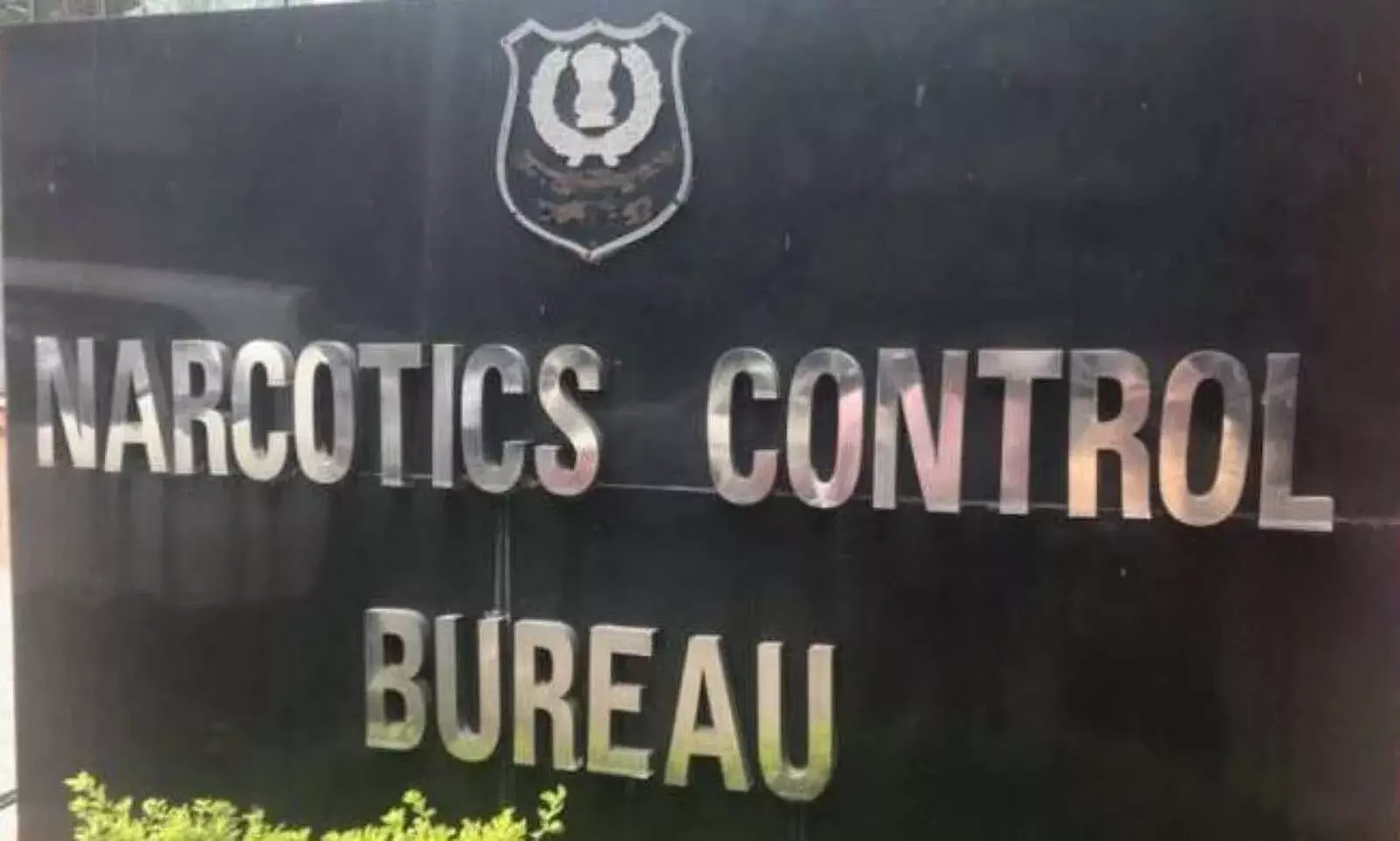NDPS Act : Are 'Confessional' Statements Given Under Section 67 Admissible In Evidence?
Sneha Rao
24 Oct 2021 7:45 PM IST

Next Story
24 Oct 2021 7:45 PM IST
Recently, a Special NDPS Court has rejected the bail application of Aryan Khan by holding that he was in "conscious possession" of the drugs found with Accused No.2- Arbaaz Merchant. The order held that -"in their voluntary statements both of them disclosed that they were possessing said substance for their consumption and for enjoyment. Thus, all these things show that accused no.1 was...
